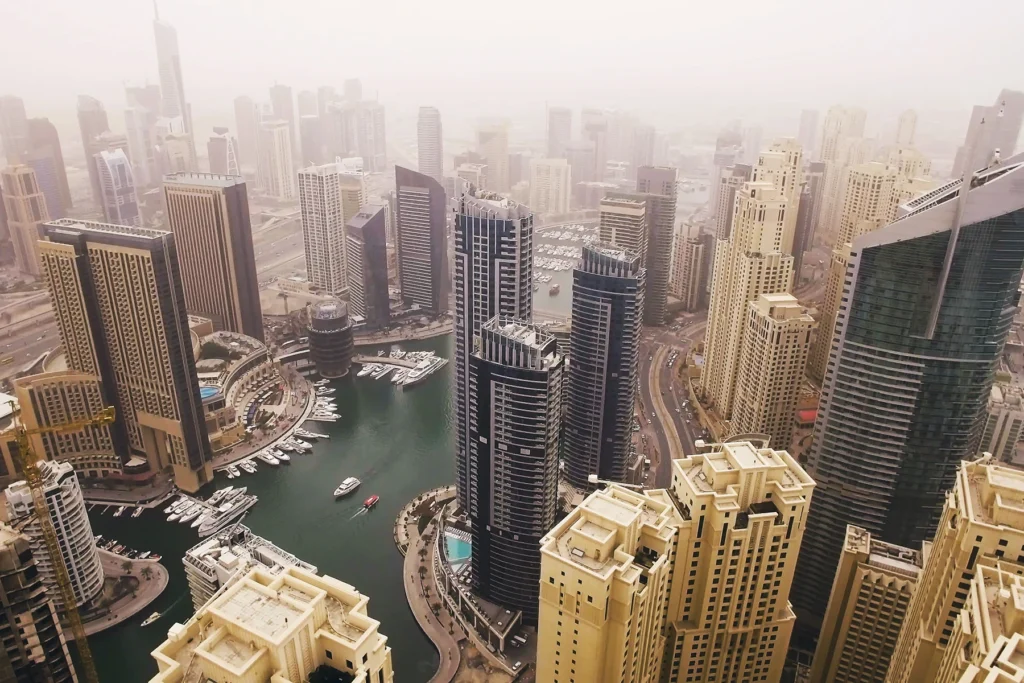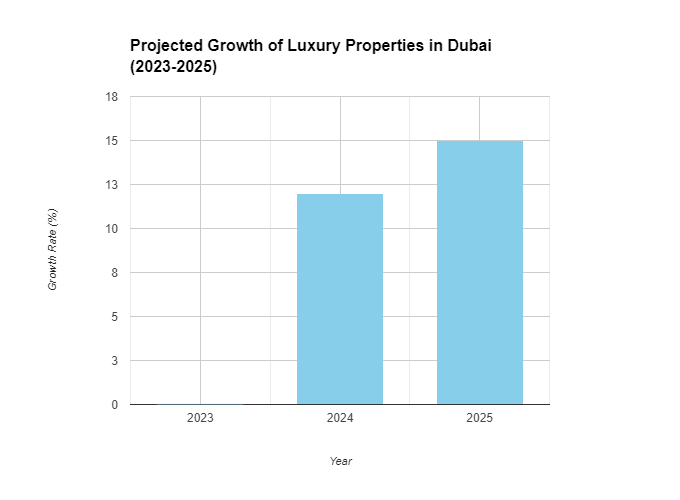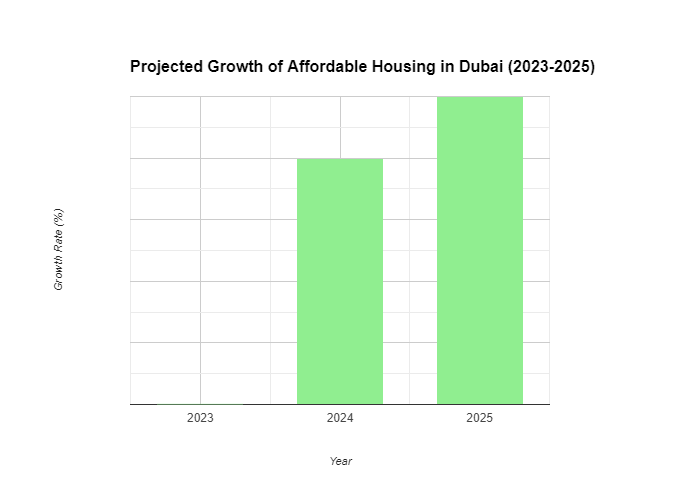
Dubai has long been a global hotspot for real estate investment, offering unparalleled opportunities for investors, residents, and businesses alike. As the city continues to evolve, the real estate sector is showing signs of a new chapter. With 2024-2025 just around the corner, what can investors, buyers, and residents expect from Dubai’s real estate market? In this article, we will delve into the key factors that will shape Dubai’s real estate in the coming years, focusing on sales, growth, and emerging trends.
Before predicting future trends, it’s important to understand where Dubai’s real estate market stands today. In 2023, the market witnessed substantial growth, driven by increased demand for luxury properties, government initiatives, and Dubai’s status as a global hub for business and tourism. Despite global economic challenges, Dubai’s property sector remained resilient, thanks to factors like:
Looking ahead, property sales in Dubai are expected to remain robust, with growth in both residential and commercial sectors. Here are the key factors influencing sales:
One of the most significant trends projected for 2024-2025 is the growing demand for luxury properties. Dubai has positioned itself as a haven for high-net-worth individuals, particularly from Europe, Asia, and the Middle East. Iconic developments such as Emaar Beachfront, Downtown Dubai, and Dubai Hills Estate are expected to continue attracting interest from affluent buyers. According to industry experts, sales in the luxury sector will see an annual growth of around 10-15% over the next two years.
In 2024 and 2025, off-plan properties—projects that are sold before construction is complete—will likely see a rise in sales. Off-plan investments have always been a popular option in Dubai due to their flexible payment plans and potential for higher returns on investment. Developers are expected to roll out attractive offers to entice buyers, which may include extended payment schedules, post-handover payment plans, and discounted prices during pre-launch phases.
While luxury real estate is booming, the market for affordable housing is also gaining traction. With a growing population of young professionals, especially expatriates, developers are focusing on creating affordable yet quality housing solutions. Areas like Dubai South, Jumeirah Village Circle (JVC), and Dubai Silicon Oasis are expected to experience increased sales due to more affordable property options.


Several factors will drive the growth of Dubai’s real estate sector in 2024-2025. These include:
Dubai is set to experience continued population growth, fueled by its appeal to expatriates and the government’s ambitious vision for the future. In line with its Dubai 2040 Urban Master Plan, the city aims to increase its population to 5.8 million by 2040. This increase will directly influence housing demand, spurring growth in both rental and sales markets.
Sustainability is emerging as a significant trend in Dubai’s real estate market. Developers are increasingly incorporating eco-friendly designs and technologies into their projects. In line with the UAE’s commitment to a sustainable future, we can expect more projects like The Sustainable City and Masdar City. Properties with green certifications and energy-efficient features are likely to attract environmentally conscious investors, contributing to both sales and long-term growth.
Another major driver of growth is the integration of technology in real estate. Smart homes and tech-driven developments are becoming more popular, offering features like automated home systems, energy-efficient appliances, and enhanced security systems. Developments that prioritize technology, such as Dubai Silicon Oasis and the upcoming smart city projects, are expected to witness increased sales due to their appeal to tech-savvy buyers and investors.
| Key Growth Drivers | Impact on Sales |
|---|---|
| Population Growth | High |
| Luxury Properties | High |
| Affordable Housing | Moderate |
| Tech-Driven Homes | Moderate |
| Green Projects | Growing Impact |
While the market outlook appears promising, there are potential challenges that could impact growth:
As Dubai’s real estate market is largely driven by foreign investment, global economic conditions could influence investor behavior. A potential global recession or economic slowdown may lead to decreased international investments. However, Dubai’s diversification efforts across various sectors, such as tourism and finance, may help mitigate this risk.
Dubai’s rapid pace of development sometimes raises concerns about oversupply, particularly in the residential sector. An oversupply of housing can result in slower sales growth and potentially lead to price corrections. The government and developers are increasingly mindful of this, working to balance supply and demand to avoid long-term market disruptions.
Changes in real estate regulations or taxation could also impact the market. Dubai’s real estate regulatory landscape has remained largely investor-friendly, but any shifts in policies—such as increasing registration fees or altering foreign ownership laws—could affect market confidence. However, given Dubai’s proactive approach to encouraging foreign investment, drastic regulatory changes seem unlikely.
In conclusion, Dubai’s real estate market is poised for substantial growth in 2024-2025, driven by various factors including increased demand for luxury properties, the rise of affordable housing, and the incorporation of technology and sustainability in developments. While challenges exist, the overall outlook remains positive, underpinned by Dubai’s resilience, pro-business policies, and ongoing population growth. Investors, homebuyers, and stakeholders should keep a close watch on emerging trends to make informed decisions in this dynamic market.